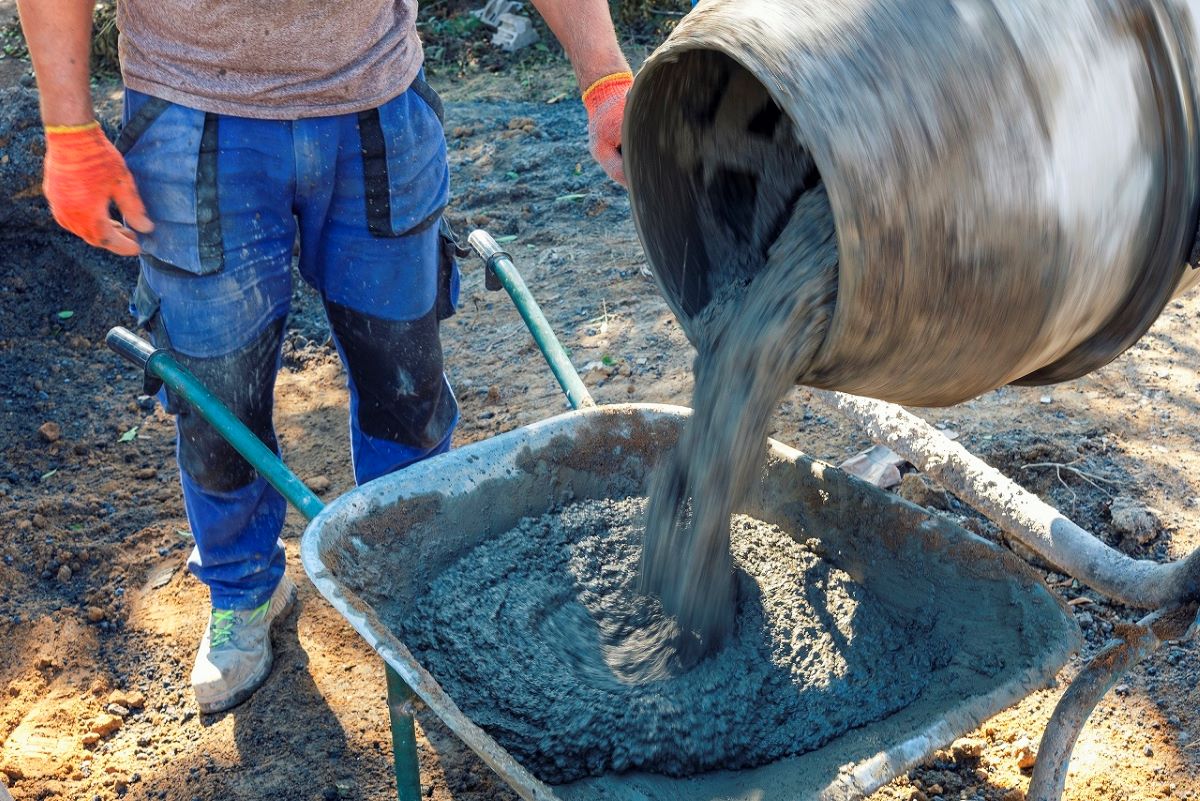

Articles
How To Choose The Right Mortar
Modified: January 24, 2024
Learn how to choose the right mortar for your construction projects with our informative articles. Gain expert insights and make informed decisions today.
(Many of the links in this article redirect to a specific reviewed product. Your purchase of these products through affiliate links helps to generate commission for Storables.com, at no extra cost. Learn more)
Introduction
Mortar plays a crucial role in the construction industry as it acts as a binding agent for masonry units such as bricks, stones, or concrete blocks. Choosing the right type of mortar is essential for ensuring the durability and structural integrity of the building.
In this article, we will delve into the various factors that you need to consider when selecting mortar for your construction project. By understanding the different types of mortar, their compatibility with masonry units, strength requirements, weather resistance, application techniques, and cost considerations, you will be equipped with the knowledge to make an informed decision.
Let’s explore the world of mortar and discover how to choose the right one for your specific needs!
Key Takeaways:
- Choose mortar based on project needs, climate, and masonry compatibility. Consider strength, weather resistance, application techniques, and cost for optimal construction results.
- Understanding mortar types, strength requirements, and weather resistance is crucial for selecting the right mortar. Proper application and cost considerations also play key roles in construction success.
Read more: How To Choose The Right Conduit Size
Understanding Mortar
Mortar is a mixture composed of cement, sand, and water, with the addition of other materials such as lime or additives depending on the specific requirements. It is used to bond masonry units together, providing structural stability and strength to the overall construction.
Mortar acts as a glue that holds bricks, stones, or concrete blocks in place, allowing them to work together as a unified structure. It plays a vital role in distributing loads, absorbing stress, and providing resistance against environmental factors such as weather, temperature changes, and moisture.
The properties of mortar can vary depending on the specific needs of the project. Different mortar mixtures are formulated to achieve various characteristics such as strength, flexibility, workability, and resistance to cracking or water penetration.
Understanding these different properties and characteristics of mortar is crucial for selecting the right type that will best suit the specific requirements of your construction project. Let’s explore the factors you need to consider when choosing mortar.
Factors to Consider
When choosing the right mortar for your construction project, there are several factors to consider. These factors will help determine the suitable type of mortar that will provide optimal performance and longevity. Let’s take a closer look at these factors:
- Project Requirements: Assess the specific requirements of your project, such as the type of masonry units, the structural load, and the environmental conditions. Different projects may necessitate different mortar properties.
- Climate: Consider the climate and weather conditions of the project location. Extreme temperature variations, freeze-thaw cycles, or high humidity levels may require specific mortar formulations to ensure durability and weather resistance.
- Building Type: The type of building being constructed influences the mortar selection. Residential buildings, commercial structures, or industrial facilities may have varying load-bearing requirements, aesthetics, or functional specifications.
- Building Codes and Regulations: Familiarize yourself with local building codes and regulations. Some jurisdictions may have specific requirements for mortar types and strength to comply with safety standards.
- Time Constraints: Consider the project timeline and the curing time of different mortar types. Fast-setting mortars can expedite construction, while traditional mortars may require longer curing periods.
- Budget: Evaluate your budget constraints and determine the affordability of different mortar options. Keep in mind that investing in high-quality, durable mortar can save costs in the long run by reducing maintenance and repair expenses.
- Expertise and Labor: Assess the skill level of the construction team and the availability of experienced masons. Some mortar types require specialized application techniques and knowledge.
By carefully considering these factors, you can narrow down your options and choose the most suitable mortar type for your project. In the next sections, we will explore different types of mortar and their specific characteristics.
Mortar Types
There are various types of mortar available, each with its own unique composition and properties. The choice of mortar type depends on the specific needs and requirements of the construction project. Let’s explore some common types of mortar:
- Type N Mortar: This is a general-purpose mortar commonly used in residential construction. It has a medium compressive strength and is suitable for above-ground applications such as exterior walls, chimneys, or non-load-bearing walls.
- Type S Mortar: This mortar has a higher compressive strength than Type N and is ideal for load-bearing structures. It is commonly used in commercial and industrial construction and is suitable for applications that require higher strength.
- Type M Mortar: Type M mortar has the highest compressive strength and is primarily used in heavy-duty applications. It is commonly used in below-grade construction, foundation walls, retaining walls, and other structural elements that require exceptional strength.
- Type O Mortar: Type O mortar is a low-strength mortar primarily used for interior applications, such as non-load-bearing walls or for repointing existing masonry. It is not suitable for high-stress or exterior applications.
- Type K Mortar: This mortar has the lowest compressive strength and is mainly used for historical restoration projects or for areas with low stress and load requirements.
- Lime Mortar: Lime mortar is a traditional mortar mixture made with lime, sand, and water. It offers excellent workability, flexibility, and breathability. Lime mortar is commonly used in historic preservation projects or for repairing and repointing old masonry.
- Polymer-modified Mortar: Polymer-modified mortar incorporates polymers or additives that improve its adhesive properties, flexibility, and durability. This type of mortar is often used in areas prone to heavy weather exposure, or where enhanced bond strength is required.
It is important to consult with a professional or masonry expert to determine the most suitable mortar type based on your specific project requirements. They can provide guidance and ensure that the chosen mortar type meets the necessary performance criteria.
Next, let’s explore the compatibility between different mortar types and masonry units to ensure a strong and durable bond.
Compatibility with Masonry Units
Choosing the right mortar is not just about selecting the appropriate type; it also involves considering its compatibility with the masonry units being used in the construction. The compatibility between mortar and masonry units is crucial for achieving a strong and durable bond. Let’s explore this further:
1. Porosity: Consider the porosity of the masonry units. Highly porous materials, such as certain types of bricks or natural stones, require a mortar with good workability and water retention properties to ensure proper adhesion and hydration.
2. Expansion and Contraction: Different masonry units have varying rates of expansion and contraction due to environmental factors. It is important to choose a mortar that can accommodate these movements to prevent cracking or detachment.
3. Texture and Surface Characteristics: The texture and surface characteristics of masonry units can affect the bond with the mortar. Rough or irregular surfaces may require a mortar with more flexibility and superior adhesion properties.
4. Color: Consider the aesthetic appeal of the masonry units and the desired color of the mortar. Some mortar types offer a range of colors to complement or contrast with the masonry units, allowing for customized and visually appealing results.
5. Specialized Applications: Certain masonry units, such as glass blocks, require specialized mortars designed specifically for their unique characteristics and installation requirements. Consult with experts to ensure proper compatibility.
It is essential to consult with architects, engineers, or masonry professionals who have knowledge and experience in matching appropriate mortar types with specific masonry units. They can assess the compatibility requirements and provide recommendations to ensure a successful and long-lasting bond.
Next, let’s explore the importance of considering the strength requirements when choosing mortar.
When choosing the right mortar, consider the type of masonry units being used and the environmental conditions. Different mortars are designed for different applications, so be sure to select the appropriate type for your specific project.
Read more: How To Choose The Right Electric Motor
Strength Requirements
The strength requirements of mortar are an important consideration when choosing the right type for a construction project. The strength of mortar is determined by its compressive strength, which indicates its ability to withstand applied loads and pressure. Here’s what you need to know about strength requirements:
1. Structural Load: Evaluate the structural load requirements of the project. Different applications may require different levels of strength. For example, load-bearing walls or structural elements will require a mortar with higher compressive strength, such as Type S or Type M, to ensure the structural integrity of the building.
2. Engineering Specifications: Consider any engineering specifications or design requirements provided for the project. These specifications may dictate the minimum strength requirement for the mortar based on factors such as building height, seismic activity, or specific project demands.
3. Construction Type: The type of construction being undertaken will influence the strength requirements. For example, residential buildings, commercial structures, or industrial facilities may have different load-bearing requirements, and thus, different levels of mortar strength may be needed.
4. Safety Standards: Many regions have building codes that outline the minimum strength requirements for mortar to ensure the safety of the structure. Complying with these standards is crucial to meet safety guidelines and regulations.
5. Consultation: Seek guidance from architectural or engineering professionals to determine the appropriate strength requirements for your project. They can analyze the structural design and make informed recommendations regarding the mortar’s compressive strength.
It is important to note that while higher strength mortars generally offer better load-bearing capacity, they may also reduce the flexibility and bond strength. Striking the right balance between strength and other properties, such as workability and durability, is essential for achieving optimal performance in the construction project.
Consider these strength requirements in conjunction with other factors, such as climate, building codes, and budget, to make an informed decision when selecting the mortar type.
Next, let’s explore the importance of weather resistance when choosing mortar.
Weather Resistance
Weather resistance is a crucial factor to consider when selecting the right mortar for your construction project. Mortar that is not resistant to the elements can deteriorate over time, leading to structural issues and costly repairs. Here’s why weather resistance matters:
1. Moisture Protection: Moisture is one of the biggest threats to masonry structures. Mortar that is not resistant to water absorption can lead to cracks, efflorescence, and water penetration, causing damage to the masonry units and compromising the overall integrity of the construction.
2. Freeze-Thaw Durability: In areas with freezing temperatures, mortar needs to withstand the cycle of freezing and thawing. A weather-resistant mortar will have low water absorption and good bonding strength, preventing the formation of cracks and spalling due to freeze-thaw cycles.
3. UV Resistance: Exposure to ultraviolet (UV) radiation from the sun can degrade mortar over time. Weather-resistant mortars are formulated to resist UV rays and minimize color fading or surface deterioration caused by prolonged sun exposure.
4. Chemical Resistance: Depending on the location and environmental conditions, mortar may come into contact with various chemicals, such as acid rain or pollutants. Weather-resistant mortar can offer greater resistance to chemical deterioration, ensuring the longevity of the masonry structure.
5. Corrosion Protection: Weather-resistant mortar can help protect reinforcing materials, such as steel reinforcement bars (rebar), from corrosion. Moisture and environmental pollutants can accelerate the corrosion process, compromising the structural integrity of the construction.
Consult with manufacturers or masonry professionals to select weather-resistant mortar formulations suitable for the specific climate and environmental conditions of your project location. They can provide guidance on the appropriate mortar types and additives to enhance weather resistance.
Weather resistance is critical for maintaining the longevity and aesthetic appeal of masonry structures. Incorporating weather-resistant mortar into your construction project will provide peace of mind and reduce the risk of costly repairs in the future.
Next, let’s explore the application techniques and considerations for mortar.
Application Techniques
The proper application of mortar is essential to ensure a strong and durable bond between masonry units. The application techniques and considerations play a significant role in the overall quality of the construction. Here are some key points to keep in mind:
1. Proper Mixing: Follow the manufacturer’s instructions for mixing the mortar. Use the correct ratio of cement, sand, and water to achieve the desired consistency. Improper mixing can lead to weak mortar and compromised bond strength.
2. Preparation of Masonry Units: Ensure that the surfaces of the masonry units are clean, free of dust, and properly wetted before applying the mortar. This promotes better adhesion and hydration, leading to a stronger bond.
3. Bedding Joints: Apply an even layer of mortar, known as the bedding joint, to the surface where the masonry units will be placed. This provides a stable foundation for the units and ensures proper alignment and support.
4. Buttering Joints: “Buttering” refers to applying a thin layer of mortar to the end or edges of the masonry units before placing them in position. This helps create a stronger bond between the units and improves overall stability.
5. Tooling and Finishing: Use appropriate tools, such as trowels or jointers, to shape and finish the mortar joints. Tooling helps compact the mortar, remove excess material, and create a neat and uniform appearance.
6. Curing: Allow sufficient time for the mortar to cure and gain strength before subjecting it to any loads or stress. Proper curing involves keeping the mortar joints moist, either by misting with water or using curing compounds, to promote hydration and maximize strength development.
7. Expansion Joints: Depending on the design and size of the construction, incorporate expansion joints to accommodate the natural movement caused by temperature changes and prevent cracking in the masonry. These joints provide flexibility and reduce stress on the mortar.
It is important to follow industry best practices and consult with experienced masons to ensure proper application techniques. They can provide guidance on specific techniques based on the type of mortar and masonry units being used.
Next, let’s consider the cost considerations when choosing mortar type.
Cost Considerations
Cost is a significant factor to consider when choosing the right mortar for your construction project. While it’s important to prioritize quality and performance, understanding the cost considerations can help you make informed decisions without exceeding your budget. Here are some key points to consider:
1. Mortar Type: Different mortar types vary in terms of cost. Generally, higher-strength mortars or specialty formulations may be more expensive than standard mortar types. Consider the specific requirements of your project and balance them with your budget limitations.
2. Quantity: Estimate the quantity of mortar required for your project accurately. Ordering excess mortar can lead to unnecessary costs, while ordering insufficient quantities may cause delays and additional expenses for reordering.
3. Availability: Consider the availability of the mortar type you choose. Some specialty mortars or custom-color options may come at a higher cost due to limited supply or additional manufacturing processes required.
4. Durability and Maintenance: Keep in mind that investing in high-quality mortar may result in long-term cost savings. Durable mortar with good weather resistance and longevity can reduce maintenance and repair expenses over time.
5. Labor Costs: Factor in the labor costs associated with the installation of the chosen mortar type. Mortars that require specialized application techniques or longer curing times may incur higher labor costs. Evaluate whether the skills and expertise required align with the available labor resources.
6. Long-Term Benefits: Consider the potential long-term benefits of using a particular mortar type. For example, using a mortar with improved thermal insulation properties may result in energy savings over time, offsetting the initial higher cost.
7. Consultation and Quotations: Consult with multiple suppliers or masonry professionals to obtain quotations for different mortar types. This will help you compare prices and make an informed decision based on your budget and project requirements.
Remember, it is essential to strike a balance between cost considerations and the quality and performance of the mortar. Prioritize durability, strength, and compatibility with the masonry units to ensure the longevity and integrity of your construction project.
Now that we have explored the various factors and considerations involved in choosing the right mortar, it’s time to wrap up our discussion.
Read more: How To Choose The Right Kitchenaid Mixer
Conclusion
Choosing the right mortar is a crucial decision when it comes to constructing durable and structurally sound buildings. By considering various factors such as project requirements, climate conditions, masonry unit compatibility, strength requirements, weather resistance, application techniques, and cost considerations, you can make an informed choice that will ensure the success of your construction project.
Understanding the different types of mortar, their composition, and their specific properties is essential for selecting the most suitable option. Mortar types such as Type N, Type S, Type M, Type O, and Lime Mortar each have their own strengths and weaknesses, making them ideal for different applications.
Masonry unit compatibility is also key. Considering factors such as porosity, expansion and contraction rates, texture, surface characteristics, and color will help in achieving a strong and long-lasting bond between the masonry units and mortar.
Strength requirements should be assessed based on the project’s structural load, engineering specifications, building codes, and construction type. The right level of strength is crucial for ensuring the stability and safety of the structure.
Weather resistance is important to withstand moisture, freeze-thaw cycles, UV radiation, and chemical exposure. Opting for weather-resistant mortar can protect the longevity and appearance of the masonry structure.
Applying mortar correctly is vital for proper bonding. Following mixing instructions, preparing masonry units, and using the right tools and techniques will ensure a strong and uniform application.
Cost considerations must also be taken into account to stay within budget while still ensuring quality. Comparing prices, estimating quantities accurately, and considering long-term benefits can help make cost-effective choices.
In conclusion, choosing the right mortar requires careful consideration of various factors. By understanding the unique requirements of your project and seeking professional advice, you can select the most suitable mortar type that will provide strength, durability, and long-term performance for your construction project.
Thank you for joining us on this exploration of choosing the right mortar. Happy building!
Frequently Asked Questions about How To Choose The Right Mortar
Was this page helpful?
At Storables.com, we guarantee accurate and reliable information. Our content, validated by Expert Board Contributors, is crafted following stringent Editorial Policies. We're committed to providing you with well-researched, expert-backed insights for all your informational needs.
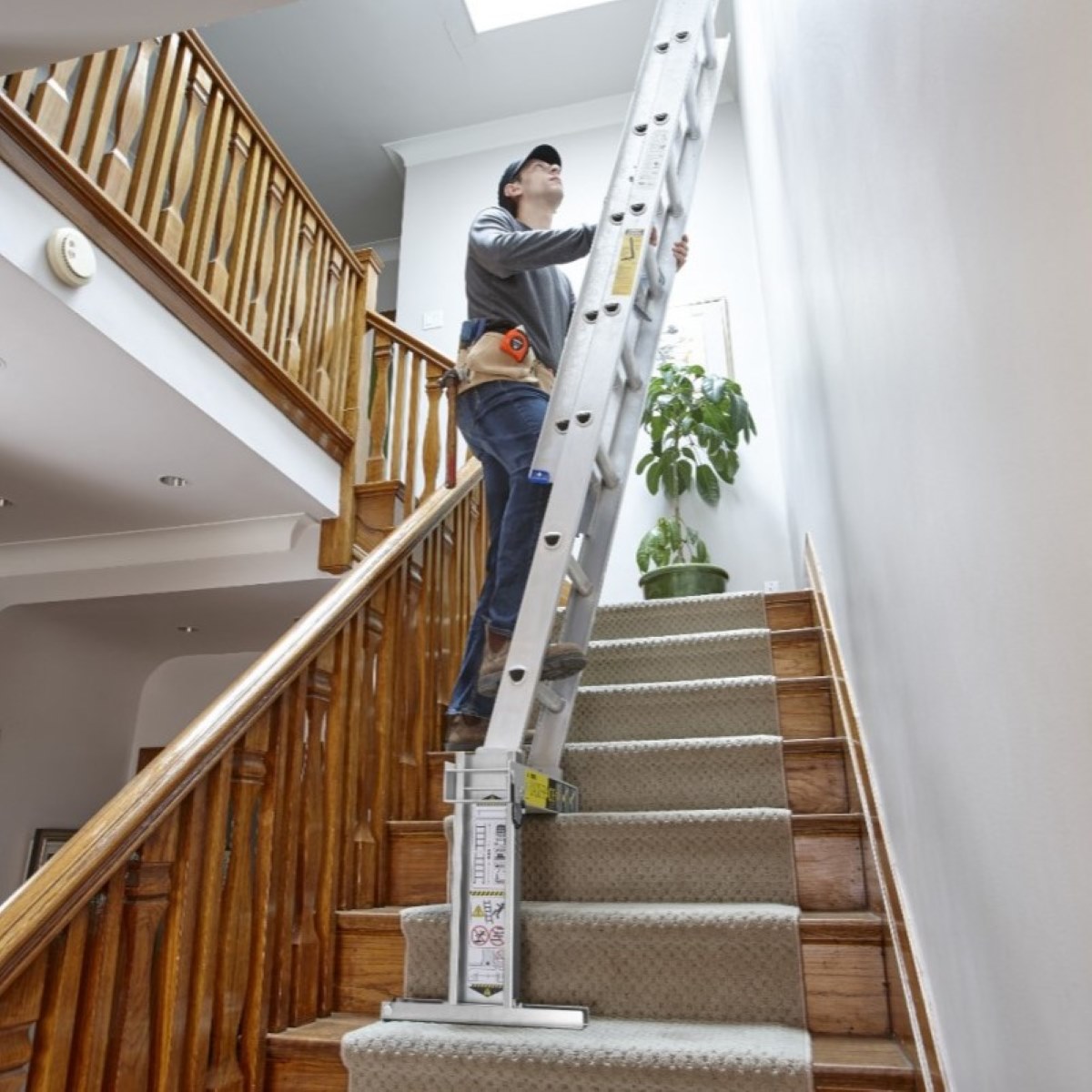

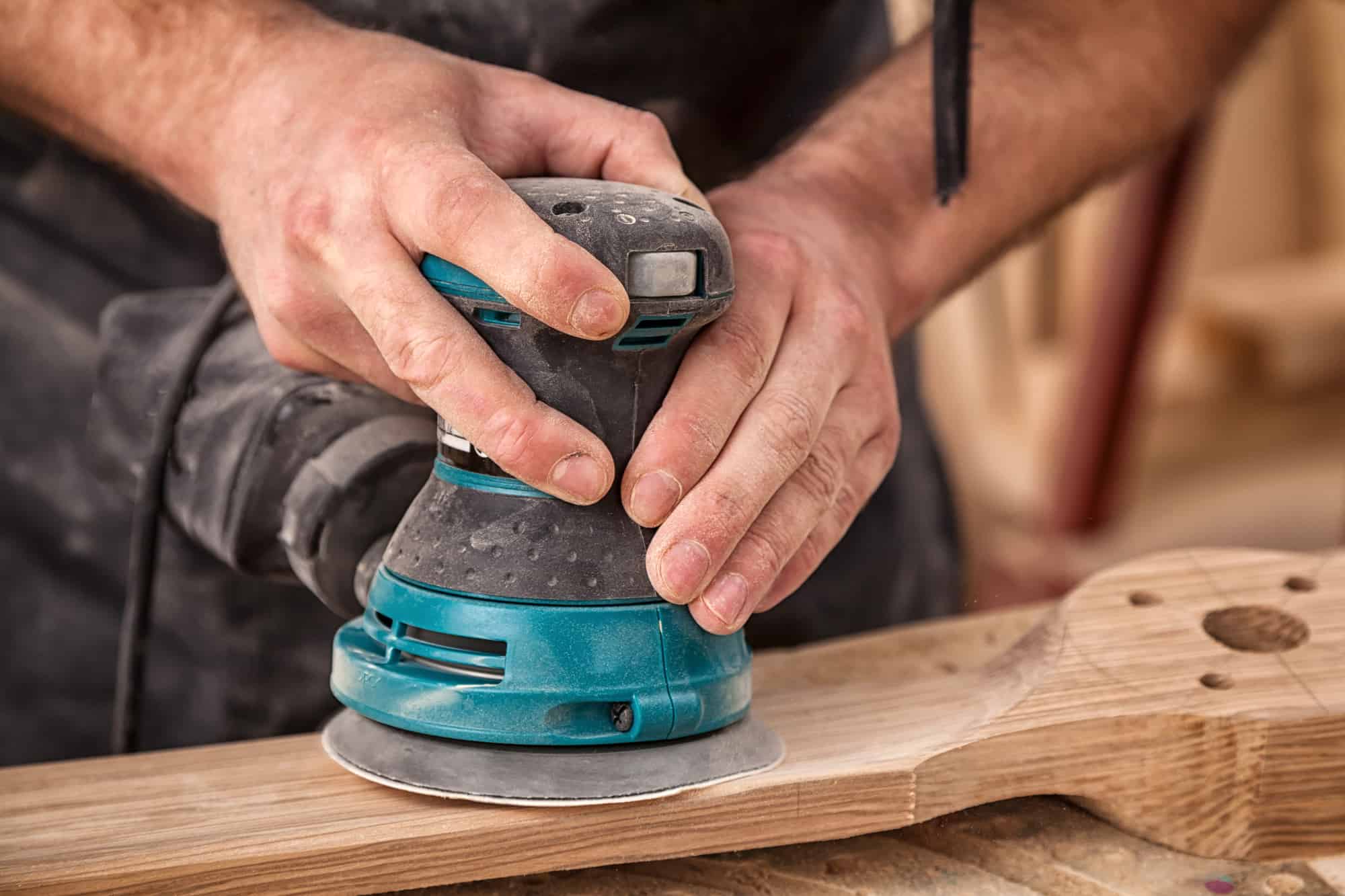
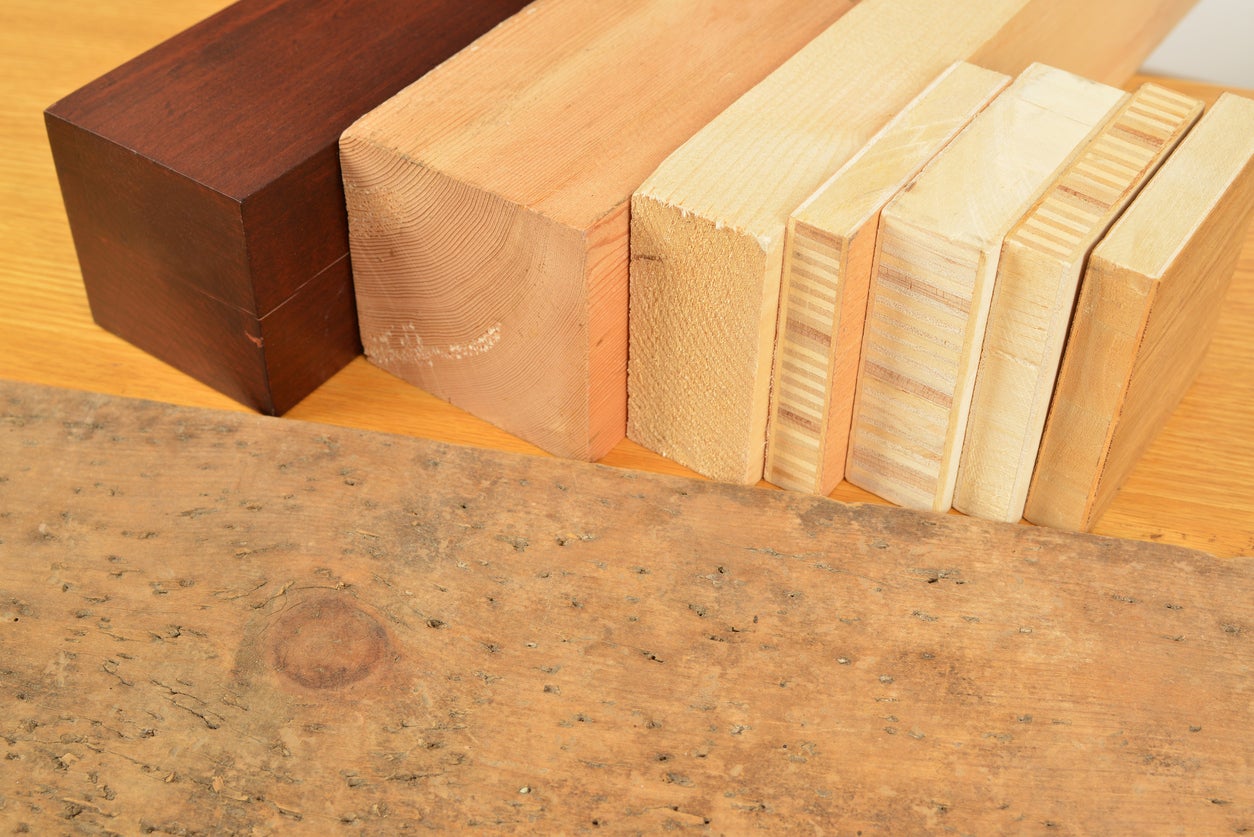
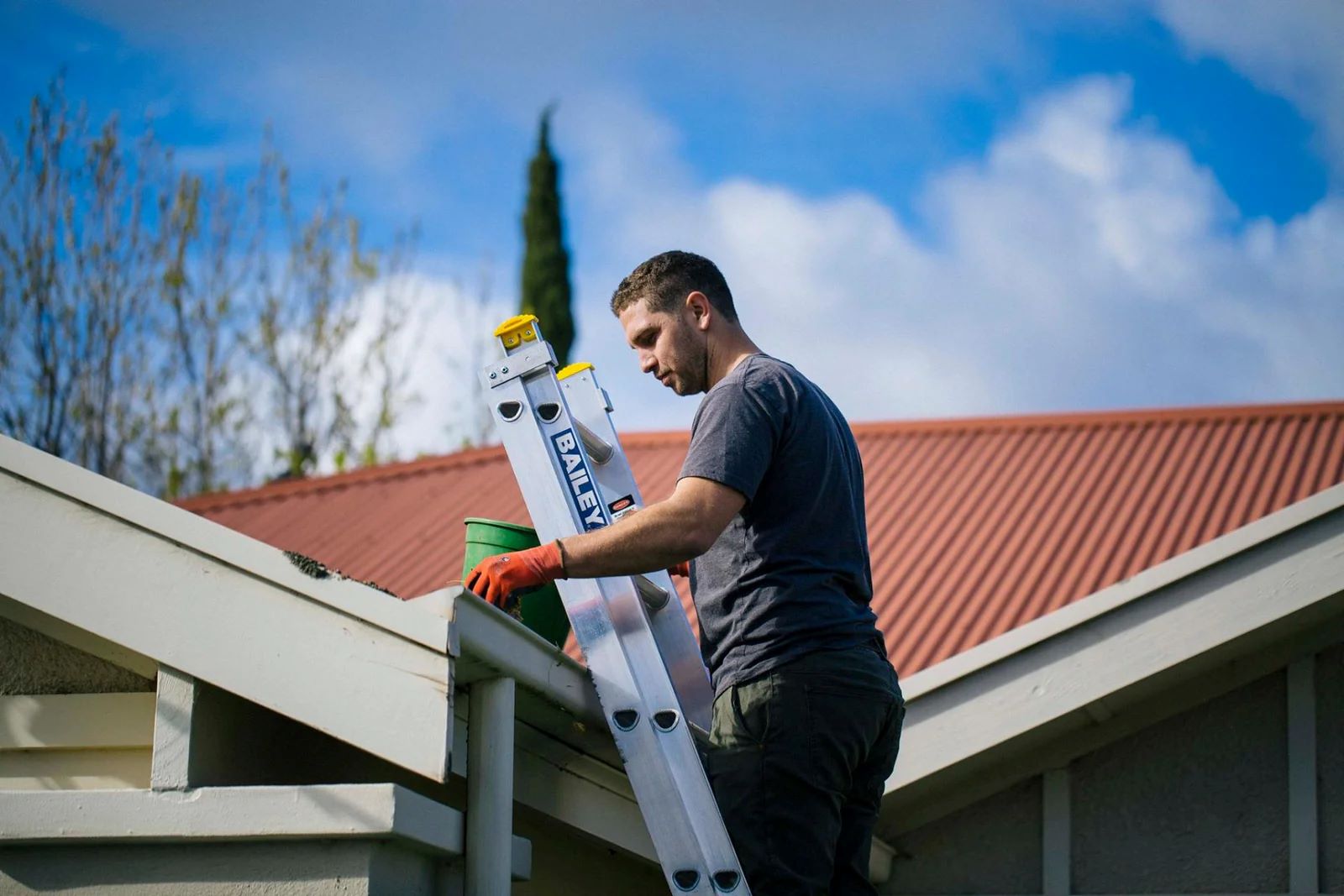


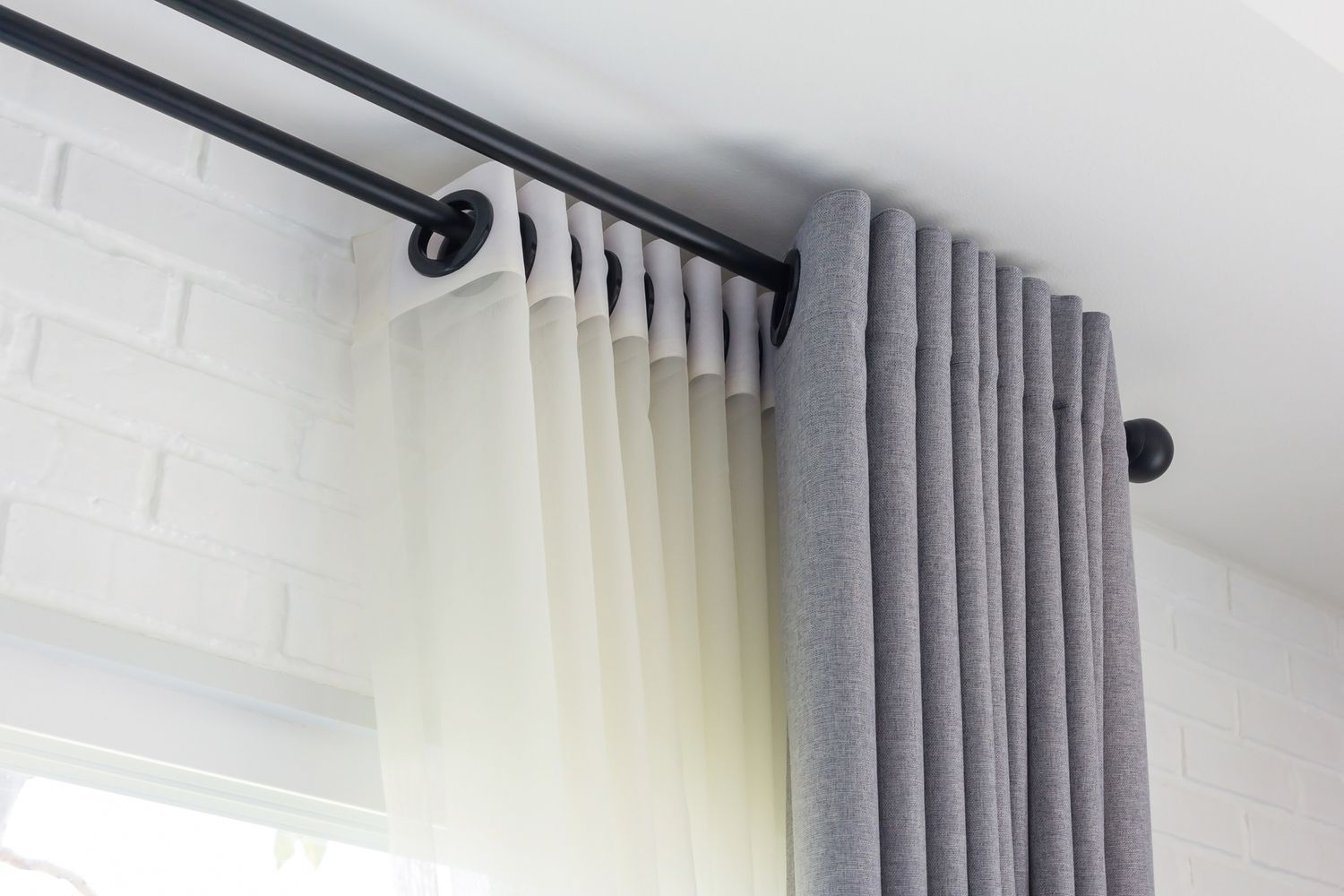
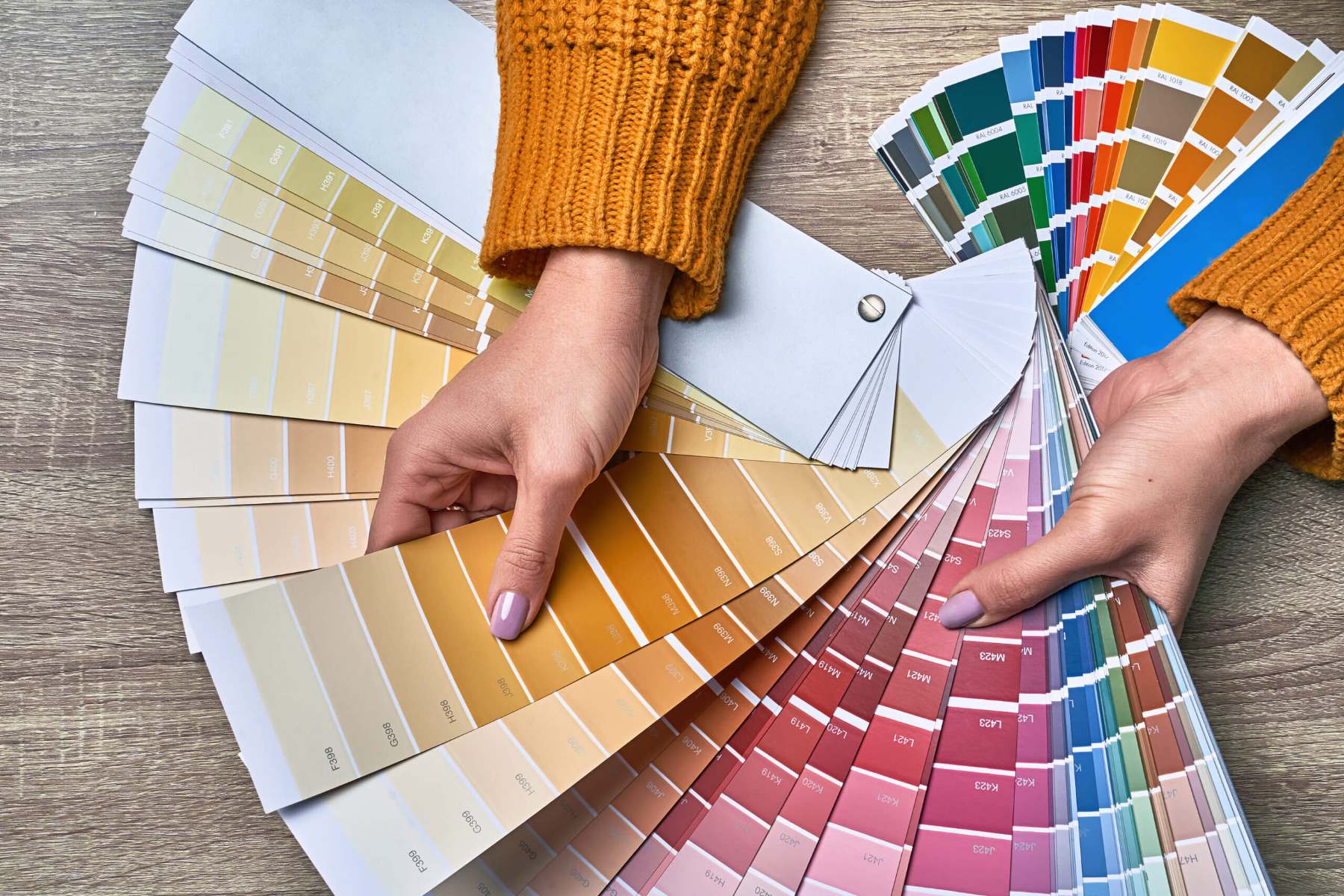

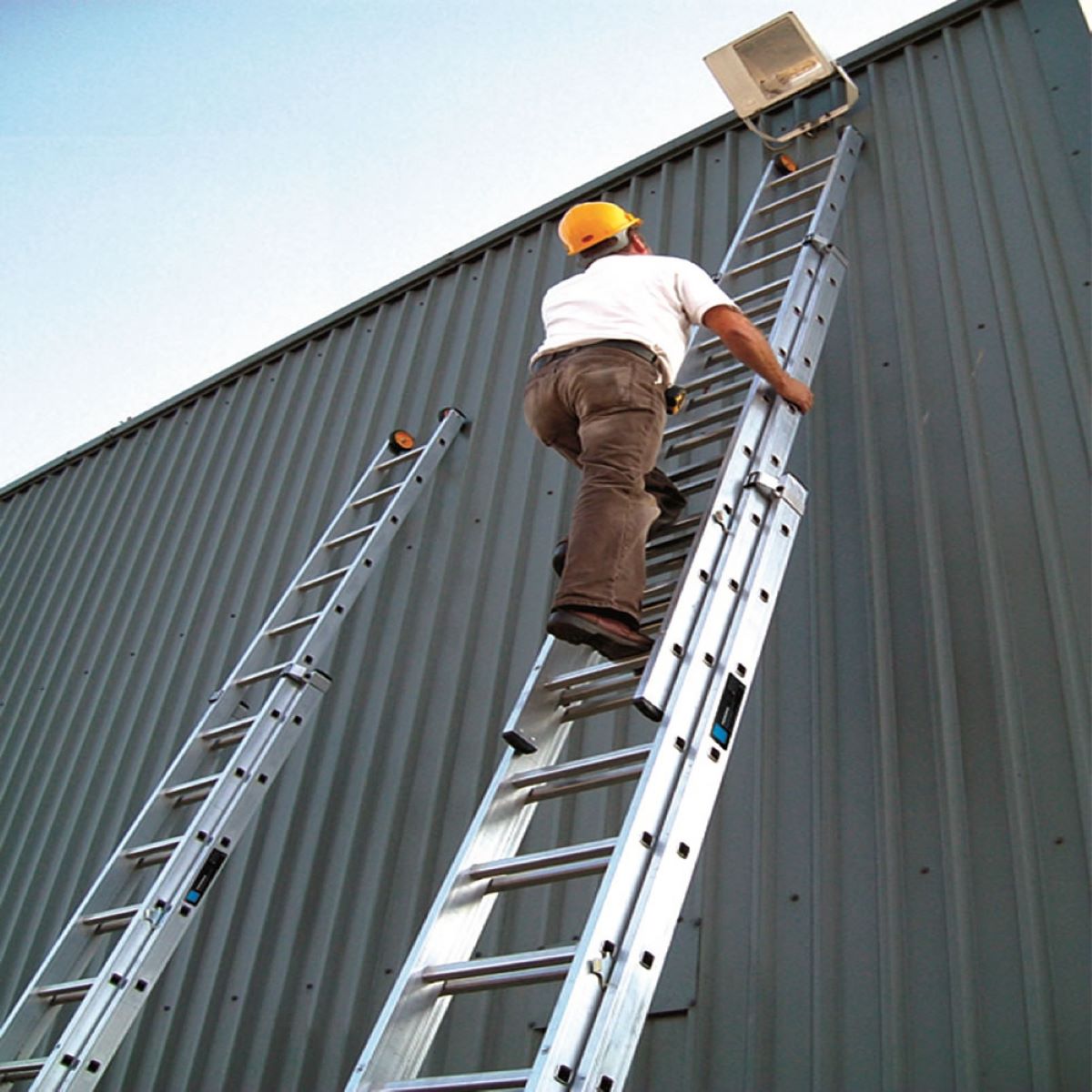
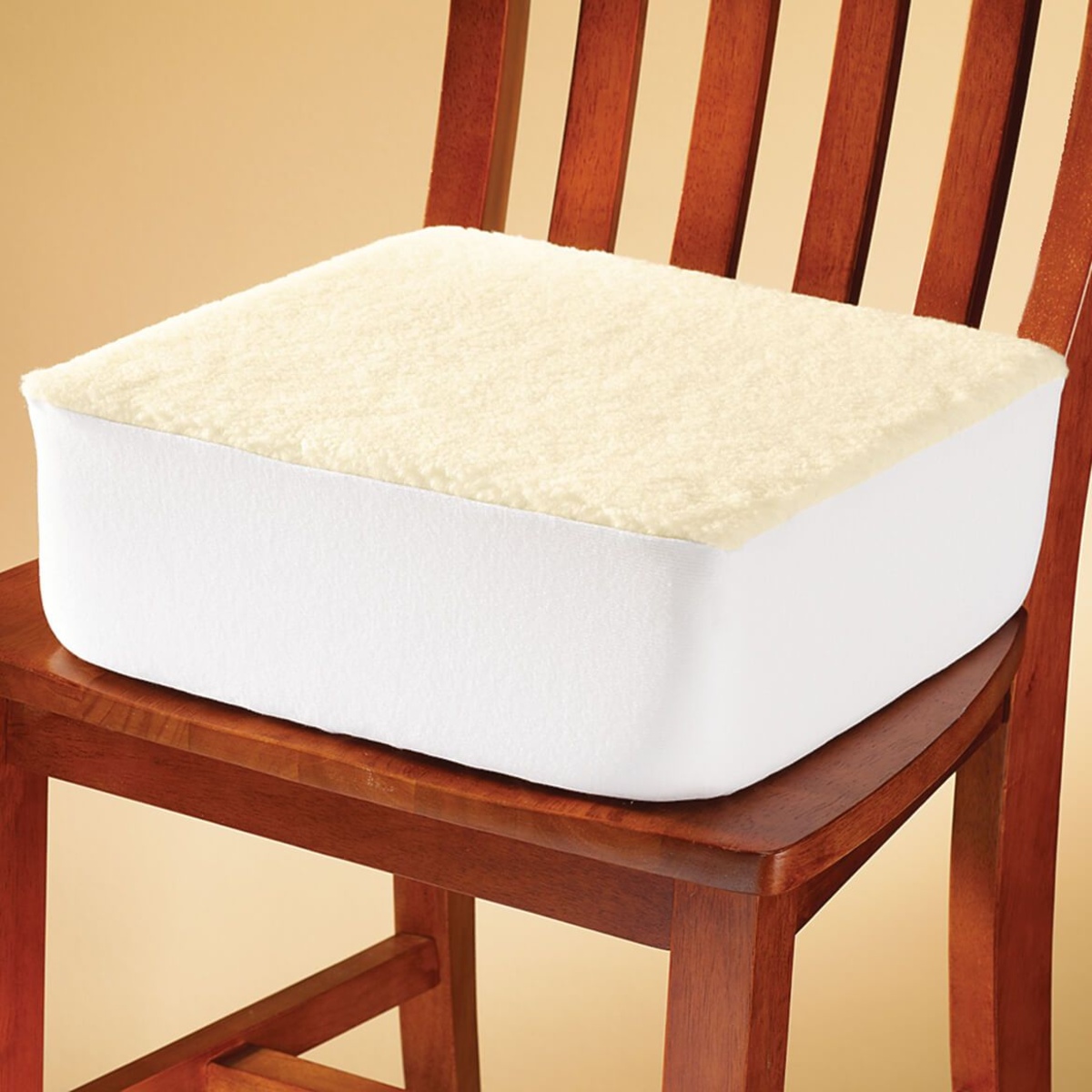
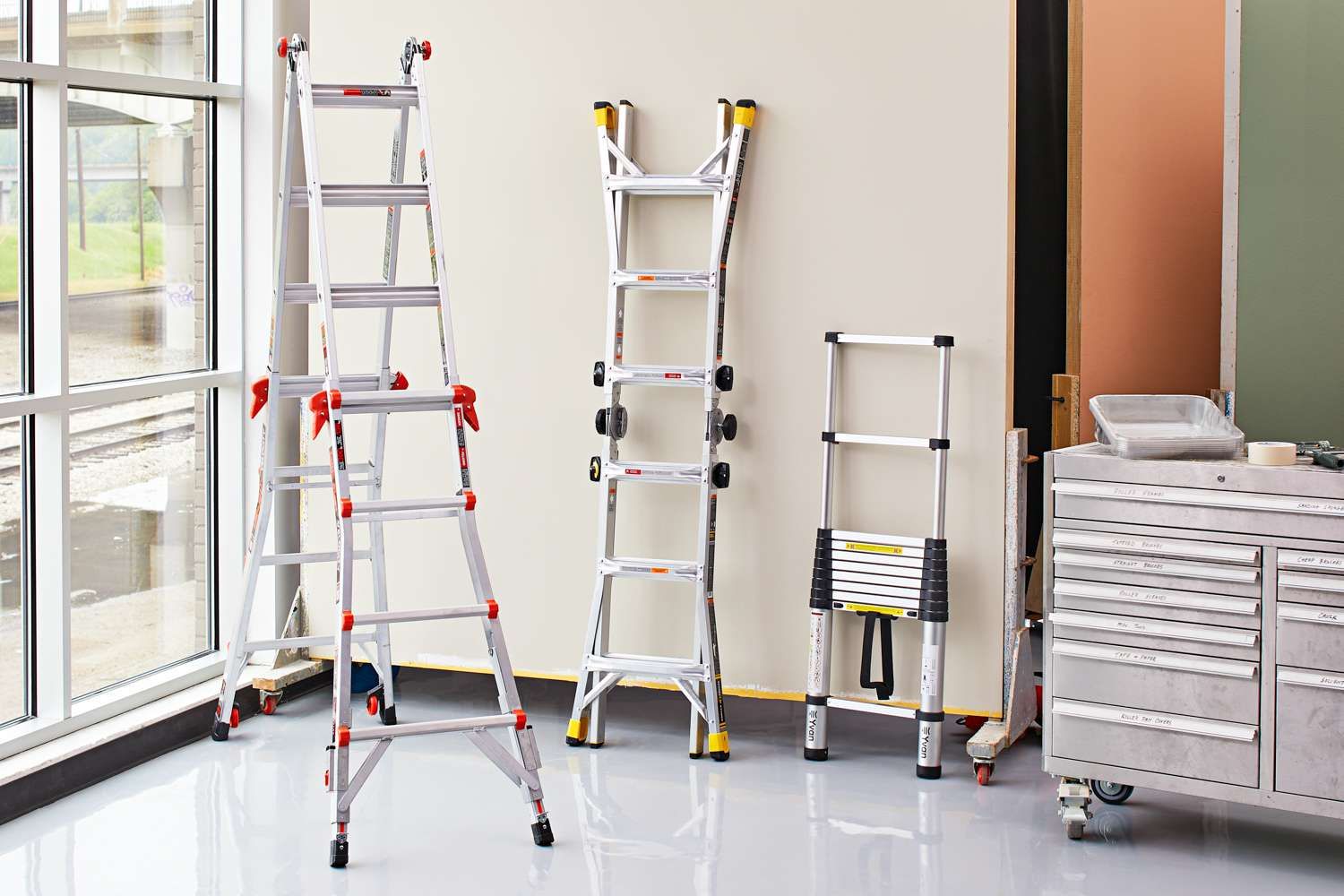

0 thoughts on “How To Choose The Right Mortar”